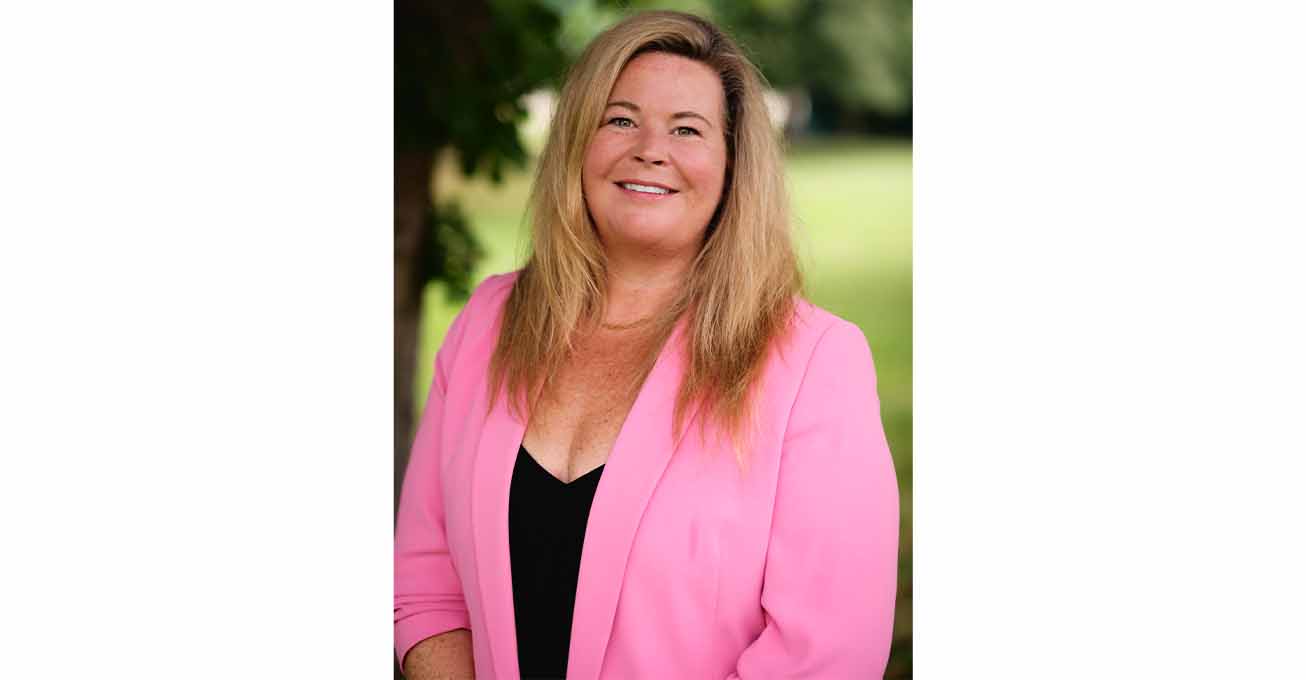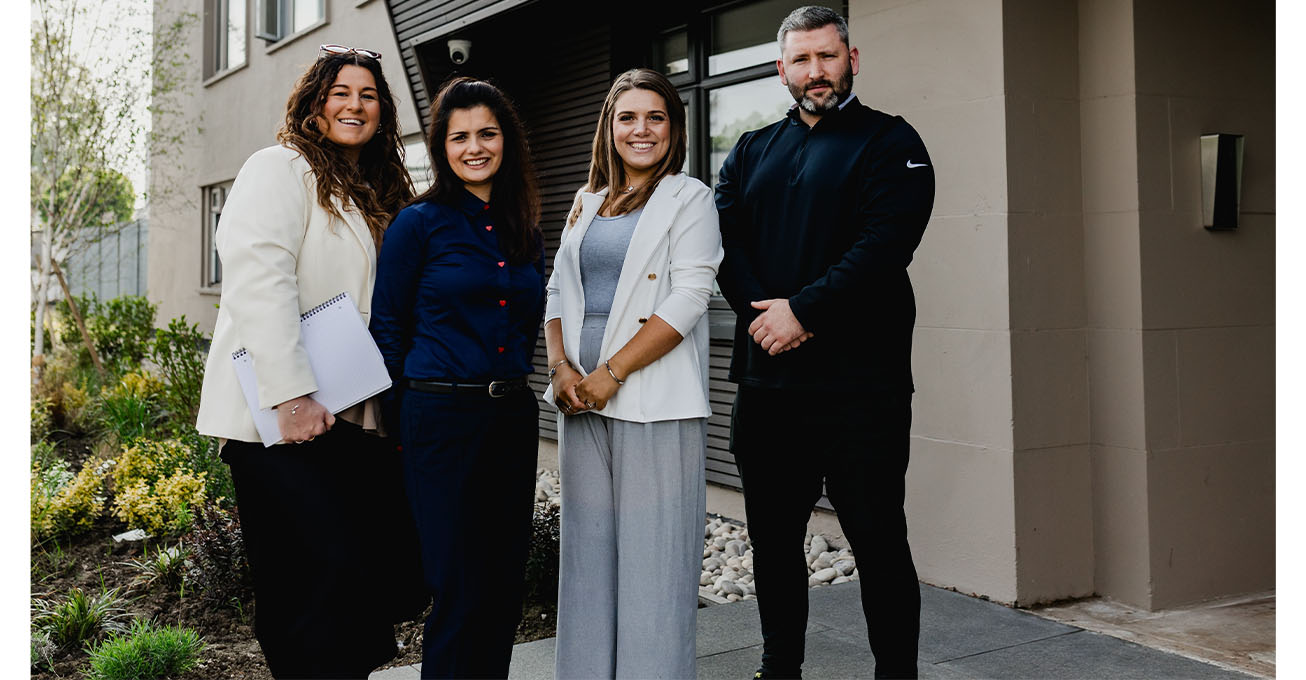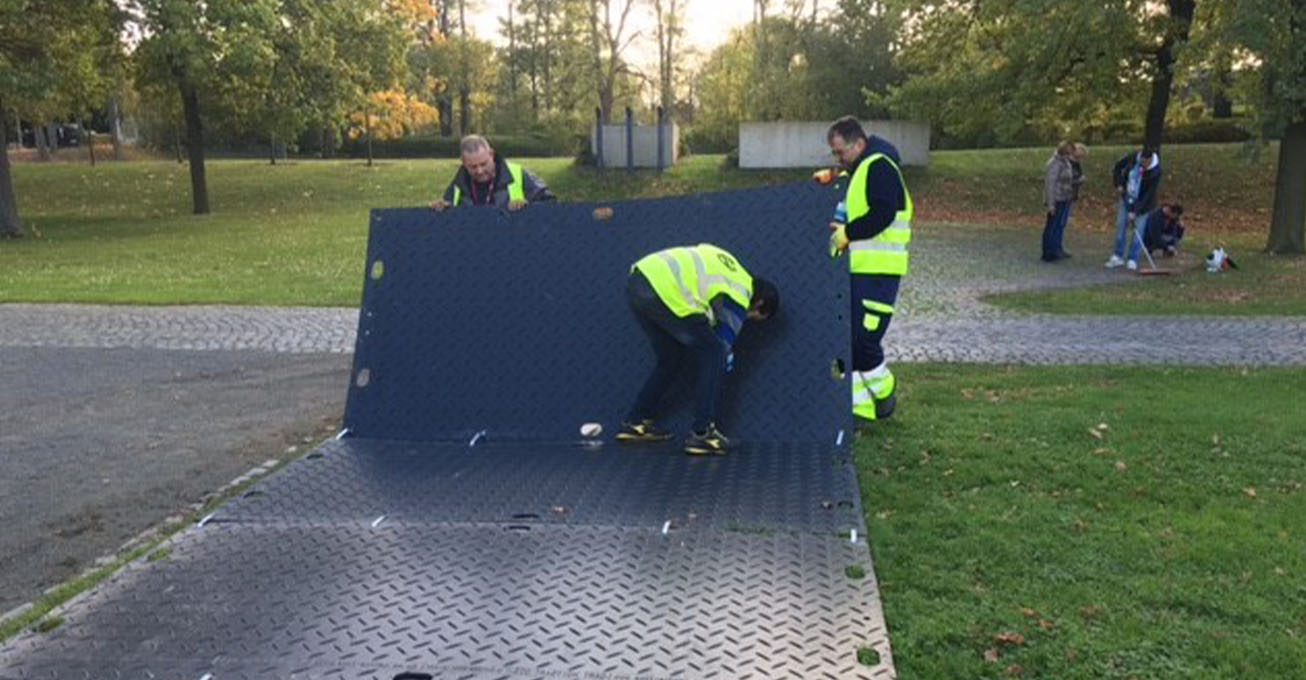
Swindon-based SSGC is supporting former military policeman Keith Horemans in his unfair dismissal case against his former employer
Specialised security firm highlights the difficulty in maintaining a career with PTSD.
A specialist security firm which is supporting a military veteran with post-traumatic stress disorder (PTSD) in an unfair dismissal case against his former employer says much more needs to be done to support the ex-service community in the workplace.
Swindon-based SSGC, which recently received a Gold award from the Ministry of Defence’s Employer Recognition Scheme for its work with veterans, also supports individuals facing difficulties maintaining employment as part of its Armed Forces Covenant pledge.
It is currently helping former military policeman Keith Horemans, who suffers from PTSD as a result of his experiences in service in Kosovo, Northern Ireland, Bosnia, but has always maintained employment.
Keith, from Thetford, Norfolk, has been undergoing treatment for PTSD and SSGC helped Keith get his condition recognised as a disability by his employer, ensuring reasonable adjustments could be made under the Disability Act.
However, Keith was made redundant during the pandemic and SSGC CEO David Stubbs said the conduct of his employer during this time showed complete disregard for his condition.
Keith received multiple high-pressure emails about returning to work before he lost his job – including an email sent on Remembrance Day just 20 minutes before the 11am silence.
David said: “This behaviour resulted in Keith having an episode and because he was unable to deal with the pressure, he was placed on sick by his doctor. However, his employer didn’t stop and insisted on sending continuous emails to Keith while he was in his ‘dark place’.
“He simply couldn’t escape. To add insult to injury, this included an email on November 11, Remembrance Day, just before 11am.”
SSGC is financially supporting Keith’s case as well as employing him in a new role. David described the treatment Keith received as “completely reckless and, frankly, an insult to all who have served”.
He added: “Keith has worked hard to recover and is an example to those who feel like giving up. I was so concerned for Keith during the process I felt there was a real risk he could take his own life.
“You hear about it all the time following a suicide – ‘If only we knew’. This employer was in the know and a little bit of time and consideration could have made the process so much easier for Keith.
“This is a live tribunal so it difficult to add more dialogue at this point but when the full story is eventually told it won’t look good for this employer.
“Keith is working hard to stay self-sufficient and not become a burden on society – or worse – homeless, drug dependent or a suicide statistic.
“He has done his bit for the country and everyone in it. He isn’t asking for special treatment but just to be treated fairly.”
David said the case highlighted the lack of understanding many employers have when dealing with veterans, many of whom face daily challenges caused by PTSD.
He said: “SSGC is recognised as a gold-level employer under the Armed Forces Covenant’s Employer Recognition Scheme. This is something we believe strongly in but, more importantly in this context, it shows there is a framework available for employers to work within and make meaningful change.
“It’s simply not good enough for employers to look the other way on veterans, who can often need additional support to rebuild their lives on ‘Civvy Street’.
“If workplaces make a proper commitment on veterans, they will benefit from a community of hard-working, reliable, disciplined and resilient people who can add huge value to their business. It’s so frustrating that in this day and age we are still facing challenges like this.”
For more information about SSGC, visit: www.ssgc-net.com or search for SSGC on social media.






